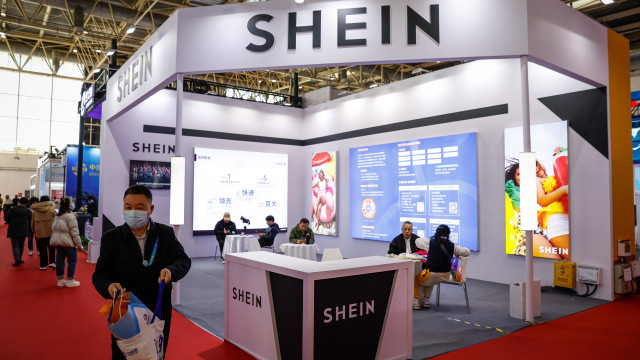Fashion brands with ultra-fast product turnover such as China’s Shein should be subject to penalties of up to 50 percent of their garments’ selling price to offset their environmental impact, French ruling-majority MPs have proposed in a new bill.
The MPs say that ultra-fast fashion brands, rather than renewing their collections four times per year like traditional clothing brands, offer thousands of new products per day, inciting excessive spending and unnecessary pollution, reported The Business of Fashion.
“This evolution of the apparel sector towards ephemeral fashion, combining increased volumes and low prices, is influencing consumer buying habits by creating buying impulses and a constant need for renewal, which is not without environmental, social and economic consequences,” the bill said.
The bill singled out Chinese ready-to-wear company Shein, saying that it on average presents more than 7,200 new garment models a day, and makes more than 470,000 different products available to consumers.
To offset the environmental impact of ultra-fast fashion, the MPs propose penalties of up to 10 euros ($10.86) per item sold, or up to 50 percent of the selling price, by 2030.
Shein, in a statement to French news agency AFP, said it follows “best international practices in terms of sustainable development and social commitment.”
In the latter part of March, the bill will be brought to parliament after deliberation in a parliamentary committee.
The French Environment Minister, Christophe Bechu, announced in a statement on Monday that his government is planning a number of steps to lessen the environmental impact of fashion after meeting with activists, industry participants, and researchers.
According to him, France intends to outlaw advertising by fast-fashion retailers and implement a system of financial incentives that will drive up the cost of sustainable fashion while driving down the price of fast-fashion.
The emergence of quick fashion e-commerce stores like Shein and Temu has rocked the retail sector. Shein taps a network of mostly China-based suppliers, defying typical manufacturing trends by taking small first orders, then growing up based on demand.
The ultra-flexible supply chain has allowed Shein to construct a different business model than traditional fast-fashion giants like Zara and H&M, who pioneered shorter production deadlines but still largely rely on forecasting shoppers’ desires./BGNES







